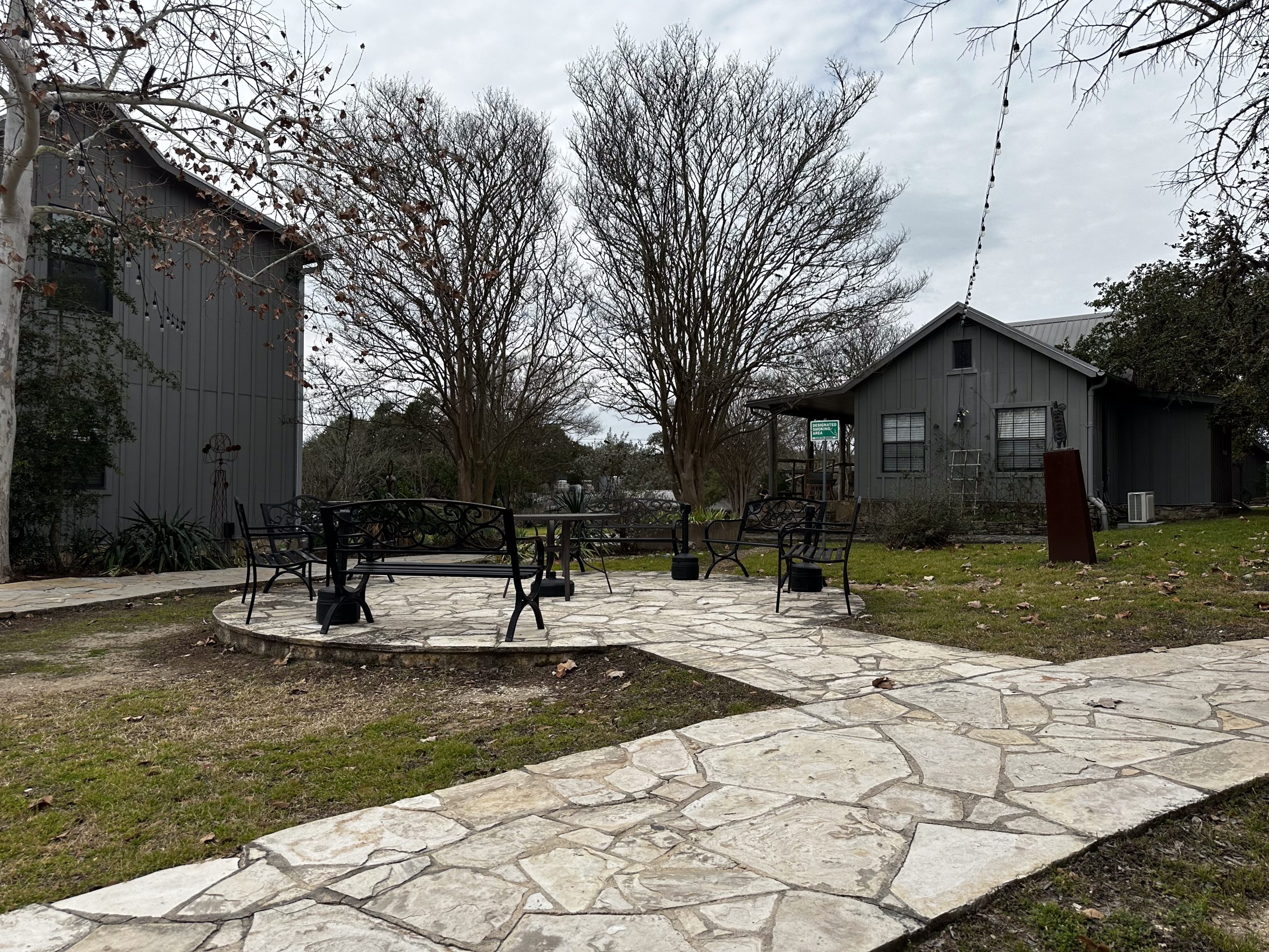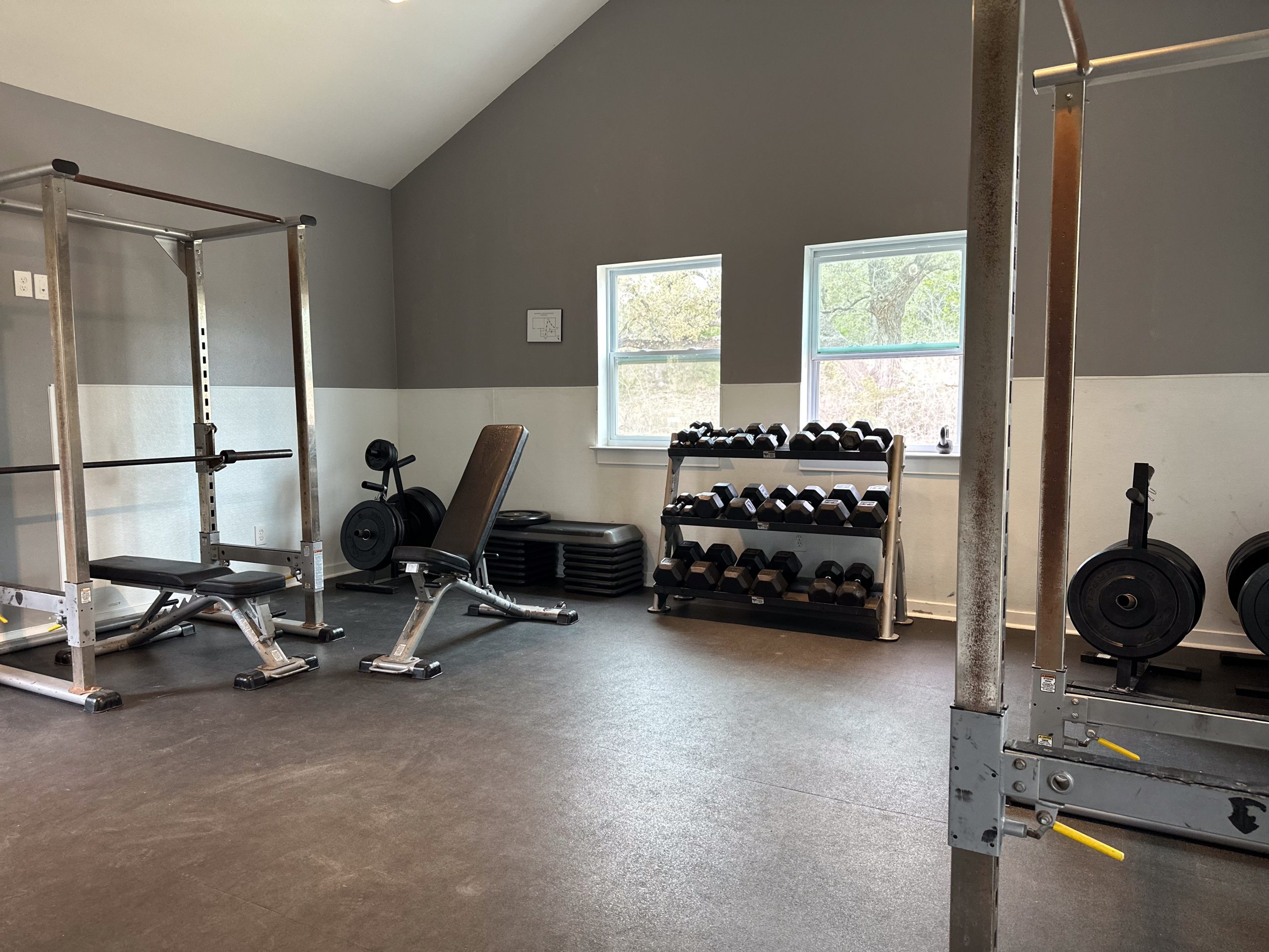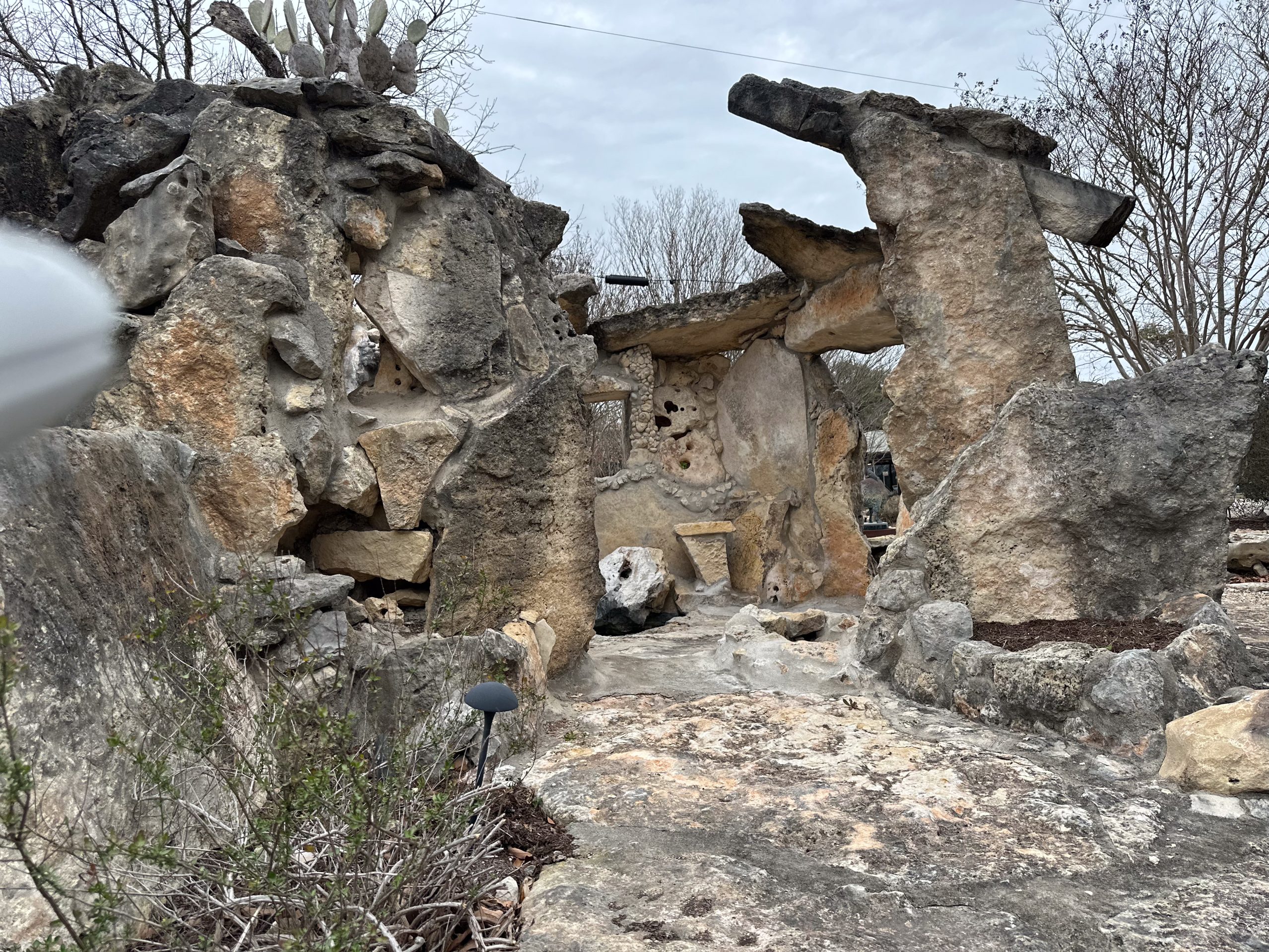Carfentanil Detox and Addiction Treatment Program
GET HELP TODAY!
100% Confidentiality Guaranteed


What Is Carfentanil?
Carfentanil is a man-made opioid originally developed in 1974 as a tranquilizer for large animals. A dose as small as 10 milligrams can sedate an elephant. Due to its strength, it is not approved for human use.
Carfentanil is 10,000 times stronger than morphine and 100 times more potent than fentanyl. It binds tightly to opioid receptors, causing intense effects in seconds. Just 2 milligrams can be deadly. In the United States, it’s often found in illegal drug mixtures like heroin, fentanyl, or counterfeit pills.
This opioid is colorless as a liquid and white or pale yellow in powder form. Because it looks like other drugs, people may not realize they’re taking it. Its presence in substances like cocaine and heroin has caused a spike in overdose deaths.










Street Names for Carfentanil
- Drop Dead
- Gray Death
- TNT
- China White
- Apache
- China Girl
- Serial Killer
These nicknames reflect the drug’s deadly potential.
How Common Is Carfentanil Abuse?
The National Institute on Drug Abuse states that there are no human studies measuring carfentanil’s abuse potential. Still, it is a Schedule II controlled substance due to its danger.
Most people don’t use carfentanil on purpose. Instead, they unknowingly consume it mixed into other substances like heroin or fake pills. Because it’s hard to detect and so potent, it increases the risk of overdose.
Many carfentanil-related deaths are incorrectly reported as generic opioid overdoses, making the problem harder to track.
Side Effects of Carfentanil Abuse
The most common outcome of abusing carfentanil is death. For those who survive, side effects can include:
- Nausea
- Drowsiness
- Sweating
- Restlessness
- Anxiety
- Depression
- Insomnia
- Clammy skin
- Pinpoint pupils
- Disorientation
- Muscle aches
- Runny nose
- Sedation
People addicted to this drug may also experience serious health issues that disrupt daily life.
Signs of Carfentanil Abuse
Carfentanil is often mixed with other drugs, so users may not know they’ve taken it. Some warning signs include:
- Buying street drugs frequently
- Using slang terms for carfentanil
- Regular hospital visits or overdoses
- Mixing opioids with unknown substances
Carfentanil use can also increase the risk of developing substance use disorders, especially when mixed with other drugs.
Carfentanil Withdrawal and Detox
Carfentanil withdrawal symptoms are expected to mimic opioid withdrawal symptoms, which may include:
- Muscle pain
- Sweating
- Nausea
- Vomiting
- Diarrhea
- Irritability
- Anxiety
- Fever
- Insomnia
These symptoms can last from several days to weeks and vary depending on the person’s history and medical condition. Detoxing at home is risky due to potential complications.
A medical detox program provides health care and emotional support. It helps patients manage physical symptoms and stay safe under medical supervision. Medication assisted treatment may also be used to reduce discomfort and prevent relapse.
Inpatient vs. Outpatient Drug Rehab
Inpatient Drug Rehab
Clients live at the treatment center and follow a structured daily routine. This level of care includes:
- 24-hour medical care
- Peer support
- Therapy sessions
- Relapse prevention planning
This setting is ideal for those with a history of drug addiction, co-occurring mental health issues, or high relapse risk.
Outpatient Drug Rehab
Outpatient programs allow individuals to live at home and continue working while attending scheduled treatment sessions. These programs include:
- Educational classes
- Group therapy
- Counseling
An outpatient drug rehab option may work for people with strong support systems and milder addiction. More intensive programs are also available for those who need a higher level of care.
More Time. More Joy. More You. Start Now.
WE ACCEPT MOST INSURANCES







Continuing Care and Sober Living
After rehab, continuing care helps maintain sobriety and prevent relapse.
Sober Living Programs
Sober living homes provide structure and accountability in a drug-free setting. They are especially helpful for older adults or people transitioning from rehab to everyday life. Most programs offer:
- Curfews
- Drug testing
- Employment and volunteer assistance
- Peer mentorship
Some also include access to an intensive outpatient program to offer added support.
Aftercare Programs
Aftercare includes weekly group therapy meetings held in clinical settings. These meetings help people:
- Stay accountable
- Connect with a support system
- Share challenges and successes
Support groups play a major role in relapse prevention and recovery success.
Tailored Treatment for Individuals
Each person’s addiction journey is different. Treatment must be personalized based on factors such as:
- Length of time using drugs
- Mental health condition
- Family support
- Medical conditions
- Drug history, including illegal drug use
- Work and family commitments
An effective treatment plan combines therapy, peer support, and health care tailored to the person’s unique needs.
Freedom Starts Here. Take Back Your Life Today.
Same-Day Admissions in Austin Available.
Help for Families and Workplaces
Families also suffer during a loved one’s addiction. Family therapy can heal relationships and teach coping skills. Loved ones learn how to support the person in recovery and manage their own emotions.
Workplaces may also be impacted. Employee assistance program benefits can provide counseling and treatment referrals while preserving job security. These benefits can make it easier for drug addicted employees to get help early.
Final Thoughts
Carfentanil is one of the most dangerous opioids circulating today. It often leads to opioid overdose, sometimes after a single use. Yet with effective treatment, recovery is possible.
Whether you need inpatient and outpatient options, mental health support, or medical care, help is available. Treatment facilities that offer evidence based programs and addiction treatment options can guide you or your loved one toward long term recovery.
Nova Recovery Center provides comprehensive treatment for individuals struggling with carfentanil addiction, one of the most potent and dangerous opioids in existence. Our programs focus on evidence-based care, addressing both the physical dependence and the psychological challenges that come with recovery. We begin with safe, medically supervised detox to manage withdrawal symptoms and reduce the risk of complications. Following detox, clients can transition into inpatient rehab or outpatient rehab programs designed to build resilience and coping skills. Therapy options include cognitive behavioral therapy, group support, and holistic practices to treat the whole person. We also offer sober living programs that provide structure and accountability during early recovery. With relapse prevention planning and ongoing peer support, we help clients establish long-term recovery goals. At Nova, we recognize the unique dangers of carfentanil and create individualized treatment plans that promote healing, growth, and stability for lasting sobriety.
Location-Specific Support for Carfentanil Addiction
In Austin, Texas, Nova Recovery Center offers a full continuum of care for carfentanil addiction, including detox, residential treatment, intensive outpatient programs (IOP), and sober living homes. Our Austin facilities provide a supportive environment where clients can build a new foundation for recovery, surrounded by a strong local recovery community.
In Houston, Texas, we serve individuals and families impacted by the opioid crisis through personalized treatment plans that address carfentanil addiction at its root. Clients in our Houston IOP benefit from individualized therapy, relapse prevention strategies, and structured sober living environments that encourage accountability.
In San Antonio, Texas, our medical detox programs and IOP provide ongoing support to help clients safely withdraw from carfentanil while preparing for sustained recovery. With access to both outpatient and residential options, we make treatment accessible and effective for those in need.
In Colorado Springs, Colorado, Nova provides IOP and sober living in Colorado Springs programs that help clients transition from the dangers of carfentanil abuse into long-term recovery. Our holistic approach addresses the mind, body, and spirit while offering connection to the local recovery community.
In our Philadelphia, PA, sober living and extended care programs are designed to guide clients through early recovery from carfentanil addiction. By combining accountability, therapy, and peer support, we empower clients to rebuild their lives and find stability in a safe, structured environment.
Across all locations, Nova Recovery Center is committed to offering compassionate, individualized care that supports clients every step of the way on their recovery journey.
If you’re ready to start your recovery journey, Nova Recovery Center is here for you. Reach out today to learn more about our outpatient drug rehab, sober living programs, and support services for substance use disorder.
Carfentanil FAQs — Potency, Risks, Overdose Symptoms, and Treatment
What is carfentanil?
Carfentanil is an extremely potent synthetic opioid and a chemical cousin of fentanyl. It was originally developed to tranquilize large animals such as elephants and is not approved for human use. Even a microscopic amount can be deadly, making it one of the most dangerous opioids in circulation.
How strong is carfentanil compared to other opioids?
Carfentanil is one of the most powerful opioids ever produced. It is estimated to be 100 times stronger than fentanyl and 10,000 times stronger than morphine, meaning even trace exposure can result in overdose or death.
Why is carfentanil showing up in street drugs?
Illicit drug manufacturers often mix carfentanil with heroin, cocaine, or methamphetamine to increase potency and profit. It may also appear in counterfeit pills designed to look like prescription medications. Users are frequently unaware they are consuming carfentanil, dramatically raising the risk of accidental overdose.
How is carfentanil exposure treated?
Treating carfentanil overdose requires immediate medical intervention. Multiple high doses of naloxone (Narcan) may be needed to counteract its effects, though reversal is not guaranteed. Because carfentanil causes severe respiratory depression, rescue breathing and advanced medical care are critical for survival.
What are the symptoms of carfentanil overdose or exposure?
Symptoms usually appear within minutes due to the drug’s rapid effect on the central nervous system. Common signs include:
Extreme drowsiness and sedation
Respiratory depression or arrest
Pinpoint pupils
Cold, clammy skin
Disorientation or loss of consciousness
How can a person be exposed to carfentanil?
Exposure may occur by consuming contaminated drugs or through accidental contact. First responders and others may be at risk by inhaling airborne powder or absorbing it through the skin, underscoring the importance of protective equipment when handling suspected substances.
Is there a way to test for carfentanil?
Testing for carfentanil is challenging. Standard fentanyl test strips cannot reliably detect it, and a negative result does not guarantee safety. Specialized testing may be available in certain labs, but for most users, identifying carfentanil in street drugs remains nearly impossible—making use highly dangerous.

